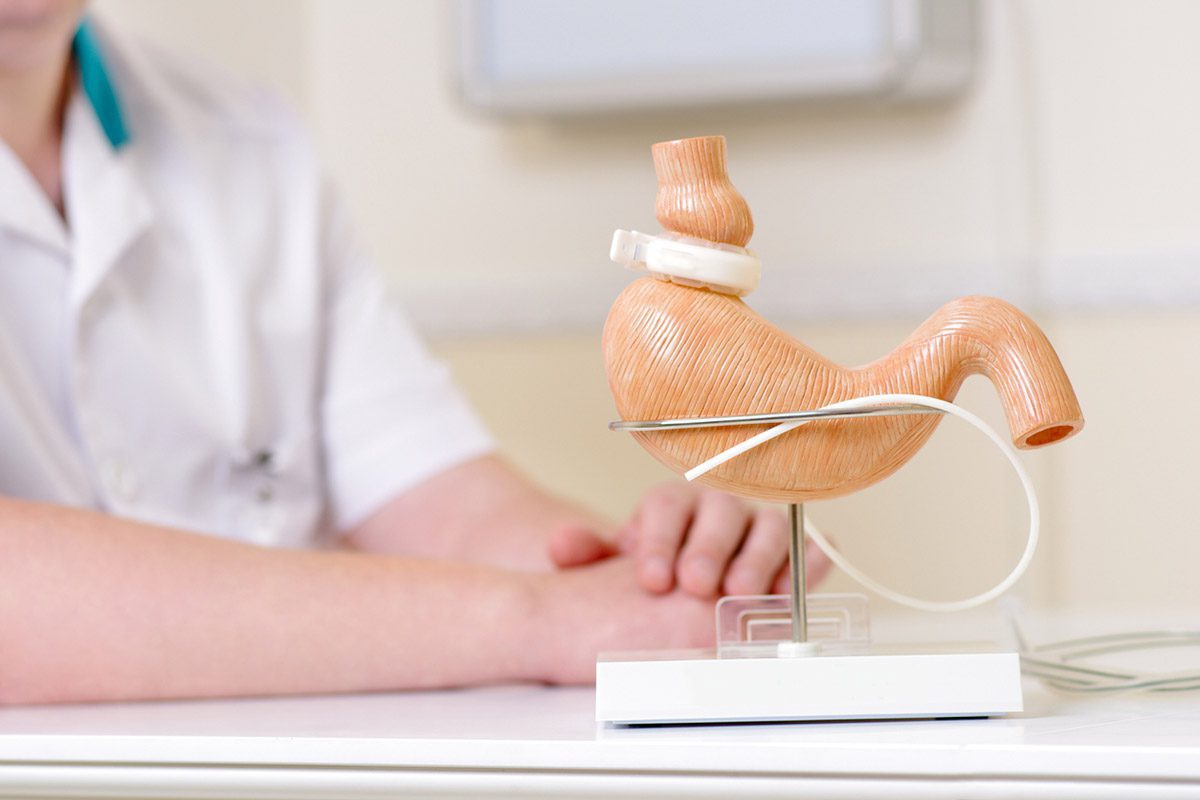Because this piece does not have an abstract, we have provided for your benefit the first 3 sentences of the full text.
To the Editor: A recent review on oral ketamine for depression described an antidepressant effect that was delayed in the range of 2-6 weeks, as compared to the rapid action of intravenous (IV) ketamine treatment. This differs from our clinical experience using sublingual (SL) ketamine to treat patients with severely treatment-resistant depression (TRD). In our experience, SL ketamine can both provide and sustain rapid antidepressant effects.
See reply by Rosenblat and McIntyre and article by Rosenblat et al
Sublingual Ketamine: An Option for Increasing Accessibility of Ketamine Treatments for Depression?
To the Editor: A recent review on oral ketamine for depression1 described an antidepressant effect that was delayed in the range of 2-6 weeks, as compared to the rapid action of intravenous (IV) ketamine treatment. This differs from our clinical experience using sublingual (SL) ketamine to treat patients with severely treatment-resistant depression (TRD). In our experience, SL ketamine can both provide and sustain rapid antidepressant effects. We suspect this difference may be a dose effect, and we wish to note that to determine appropriate dosing for future prospective studies, bioavailability of each formulation of ketamine must be considered.
Sublingual ketamine is more bioavailable (30%) than oral ketamine (20%).2 A recent study3 described safety and efficacy of IV ketamine at doses of 0.5 mg/kg and 1.0 mg/kg and no benefit to lower doses. This translates to 1.5 or 3.0 mg/kg if dosed sublingually, and 2.5 or 5.0 mg/kg if dosed orally. With this in mind, only 24,5 of 7 retrospective studies from the systematic review included patients with appropriately dosed ketamine. All others were below the equivalent expected SL and oral doses. Two prospective studies also underdosed ketamine at 25 mg bid6 or or 0.5 mg/kg daily,7 and 1 prospective study used a potentially adequate total daily dose of 50 mg tid,8 but divided doses may have contributed to a reduced or slower ketamine response.
Rosenblat and colleagues suggest that until further studies are completed, use of oral ketamine cannot be recommended, and they caution regarding risks of addiction and diversion. However, in our experience, SL ketamine has been of great benefit for carefully selected patients. We would consider judicious prescribing of ketamine similar to cautious prescribing of other potential substances of abuse.
In our practices, patients who have responded to IV ketamine have typically required maintenance ketamine. This is consistent with previous literature describing a median time to relapse of 18 days.9,10 Potential risks of stopping ketamine have recently been outlined,11 so programs offering ketamine treatments should ethically offer ongoing treatment in some form. Intravenous ketamine is difficult to access within public health care systems around the world, so long-term maintenance IV treatment may be impractical.
As such, we have had success transitioning IV ketamine responders to maintenance SL ketamine, dosed at 1.5 mg/kg. We also have numerous TRD patients started on sublingual ketamine in the community when they have been unable to access IV ketamine treatments. Tolerability has been excellent. Efficacy has yielded response approximately one-third of the time, in keeping with response rates for IV ketamine in similar populations of severely treatment-resistant patients reported previously.12
With this in mind, SL ketamine may provide a reliable and accessible alternative for appropriate patients. Future prospective studies should consider bioavailability to extrapolate dosing from the IV ketamine literature. Data to look at blood levels and kinetics of absorption would also be of benefit. Proper data on this would go a long way toward increasing the range of ketamine use for all psychiatrists and may increase accessibility of this treatment for patients.
Notice of correction 2/19/2020: The conflict of interest statement now reflects that Dr Swainson has been on advisory boards for, received speaker honoraria from, and provided consultancy services to Lundbeck, Otsuka, Sunovion, and Janssen and that Dr Khullar has been on advisory boards for, received speaker honoraria from, and provided consultancy services to Lundbeck, Otsuka, Sunovion, Janssen, Shire, Bausch, Takeda, and Eisai.
aDepartment of Psychiatry, University of Alberta, Edmonton, Alberta, Canada
bDepartment of Psychiatry, Misericordia Community Hospital, Edmonton, Alberta, Canada
cNorthern Alberta Sleep Clinic, Edmonton, Alberta, Canada
Published online: January 28, 2020.
Potential conflicts of interest: Dr Swainson has been on advisory boards for, received speaker honoraria from, and provided consultancy services to Lundbeck, Otsuka, Sunovion, and Janssen. Dr Khullar has been on advisory boards for, received speaker honoraria from, and provided consultancy services to Lundbeck, Otsuka, Sunovion, Janssen, Shire, Bausch, Takeda, and Eisai.
Funding/support: None.
J Clin Psychiatry. 2020;81(1):19lr13146
To cite: Swainson J, Khullar A. Sublingual ketamine: an option for increasing accessibility of ketamine treatments for depression? J Clin Psychiatry. 2020;81(1):19lr13146.
To share: https://doi.org/10.4088/JCP.19lr13146
© Copyright 2020 Physicians Postgraduate Press, Inc.
References
1.Rosenblat JD, Carvalho AF, Li M, et al. Oral ketamine for depression: a systematic review. J Clin Psychiatry. 2019;80(3):18r12475. PubMed CrossRef
2.Yanagihara Y, Ohtani M, Kariya S, et al. Plasma concentration profiles of ketamine and norketamine after administration of various ketamine preparations to healthy Japanese volunteers. Biopharm Drug Dispos. 2003;24(1):37-43. PubMed CrossRef
3.Fava M, Freeman MP, Flynn M, et al. Double-blind, placebo-controlled, dose-ranging trial of intravenous ketamine as adjunctive therapy in treatment-resistant depression (TRD) [online ahead of print October 3, 2018]. Mol Psychiatry. PubMed CrossRef
4.Al Shirawi MI, Kennedy SH, Ho KT, et al. Oral ketamine in treatment-resistant depression: a clinical effectiveness case series. J Clin Psychopharmacol. 2017;37(4):464-467. PubMed CrossRef
5.Hartberg J, Garrett-Walcott S, De Gioannis A. Impact of oral ketamine augmentation on hospital admissions in treatment-resistant depression and PTSD: a retrospective study. Psychopharmacology (Berl). 2018;235(2):393-398. PubMed CrossRef
6.Arabzadeh S, Hakkikazazi E, Shahmansouri N, et al. Does oral administration of ketamine accelerate response to treatment in major depressive disorder? results of a double-blind controlled trial. J Affect Disord. 2018;235:236-241. PubMed CrossRef
7.Irwin SA, Iglewicz A, Nelesen RA, et al. Daily oral ketamine for the treatment of depression and anxiety in patients receiving hospice care: a 28-day open-label proof-of-concept trial. J Palliat Med. 2013;16(8):958-965. PubMed CrossRef
8.Jafarinia M, Afarideh M, Tafakhori A, et al. Efficacy and safety of oral ketamine versus diclofenac to alleviate mild to moderate depression in chronic pain patients: a double-blind, randomized, controlled trial. J Affect Disord. 2016;204:1-8. PubMed CrossRef
9.Kishimoto T, Chawla JM, Hagi K, et al. Single-dose infusion ketamine and non-ketamine N-methyl-d-aspartate receptor antagonists for unipolar and bipolar depression: a meta-analysis of efficacy, safety and time trajectories. Psychol Med. 2016;46(7):1459-1472. PubMed CrossRef
10.Murrough JW, Perez AM, Pillemer S, et al. Rapid and longer-term antidepressant effects of repeated ketamine infusions in treatment-resistant major depression. Biol Psychiatry. 2013;74(4):250-256. PubMed CrossRef
11.Talbot J, Phillips JL, Blier P. Ketamine for chronic depression: two cautionary tales. J Psychiatry Neurosci. 2019;44(6):384-385. PubMed CrossRef
12.Archer S, Chrenek C, Swainson J. Maintenance ketamine therapy for treatment-resistant depression. J Clin Psychopharmacol. 2018;38(4):380-384. PubMed CrossRef
This PDF is free for all visitors!





